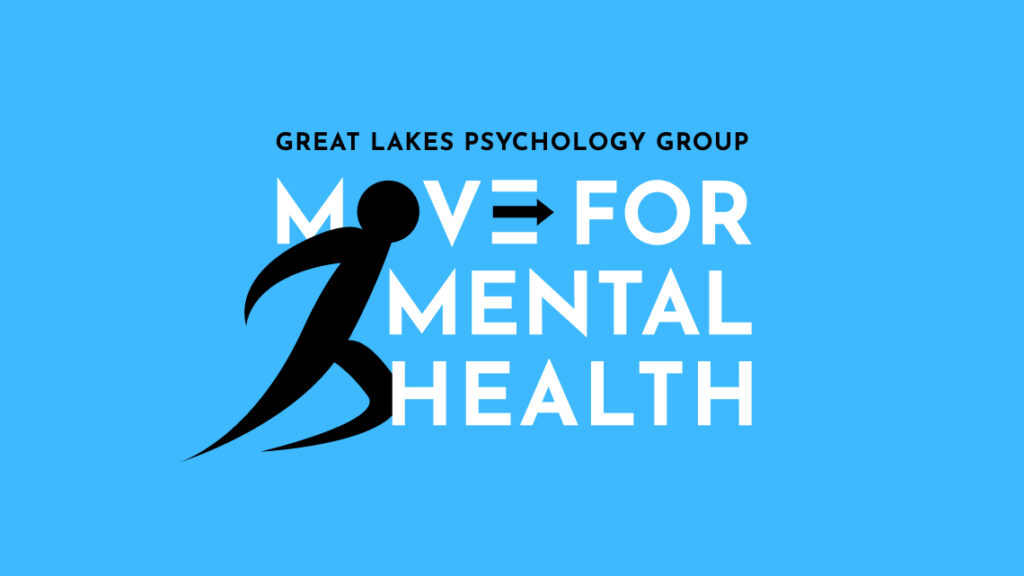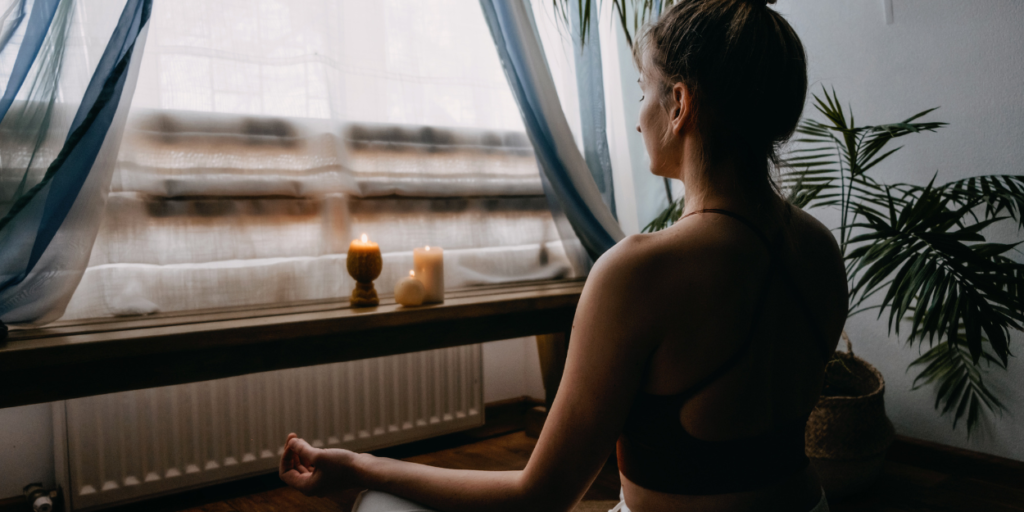Why Being Kind Benefits You

Think back to the last time you did something kind. How did you feel? Research has shown that even the smallest act of kindness can boost serotonin and dopamine, the chemicals in your brain that promote a sense of calm and well-being. Humility in our actions not only sparks a sense of doing good in the world but can also have beneficial psychological and physiological effects as well.
Benefits of being kind
Research has shown that making a practice of being kind is associated with:
- Improved self-confidence and increased life satisfaction
- Reduced pain
- A sense of purpose and competence
- Reduced anxiety and depression
- Boosted immune system, lower blood pressure, reduced stress, and increased energy
Make it a practice
The more you practice kindness, the more you will notice the benefits to your mood and health. By making kindness a practice, you are more likely to stick to your goal of being kind. Practicing kindness could look like setting a goal to compliment one person every day, or to pay for the coffee of the person behind you in line once a week. Whatever you choose, make it something that genuinely fosters that “warm-fuzzy” feeling for you.
Did you know that being kind to yourself is just as important as being kind to others?
Be kind to yourself
We tend to treat ourselves in ways we would never treat another person. For you, maybe that means always expecting perfection and putting yourself down when you fall short. Maybe it means shaming yourself for what you eat, what you do, or what you say. It’s important to notice when you are treating yourself unkindly. Ask yourself, “would you say that to a friend? What would you say instead?” When we treat ourselves with respect and nurture our own needs and interests, we feel better. Makes sense, right?
Self-care is kindness
Practicing self-care is another effective way of showing yourself kindness. Making a practice out of self-care, just like making a practice out of being kind to others, is the best way to ensure you will stick to it. Not sure where to start?
Start by writing down a list of the things you value. Maybe it’s spending time with loved ones, exploring your creativity, practicing a hobby, or working toward a goal. Make a pie chart that makes it easy to see what you value the most. Now write down the activities you actually spend time doing, and make a pie chart of that. This can be an effective way of comparing how you spend your time to how you want to spend your time. Can you make any changes to make the graphs look more similar?
Get help
Meeting with a therapist is one of the most powerful ways to show yourself that you value your health and well-being. Psychotherapy puts a great deal of importance on self-care, and your therapist can help you stick to your goals of practicing kindness toward yourself and others.
Ready to prioritize your mental health?
Great Lakes Psychology Group is here to help. With an extensive network of caring therapists available to meet online or in-person, we make it easy to find the right fit for your unique needs.



